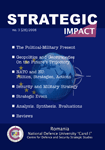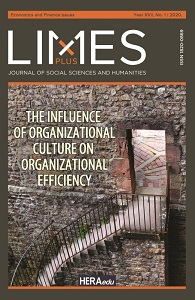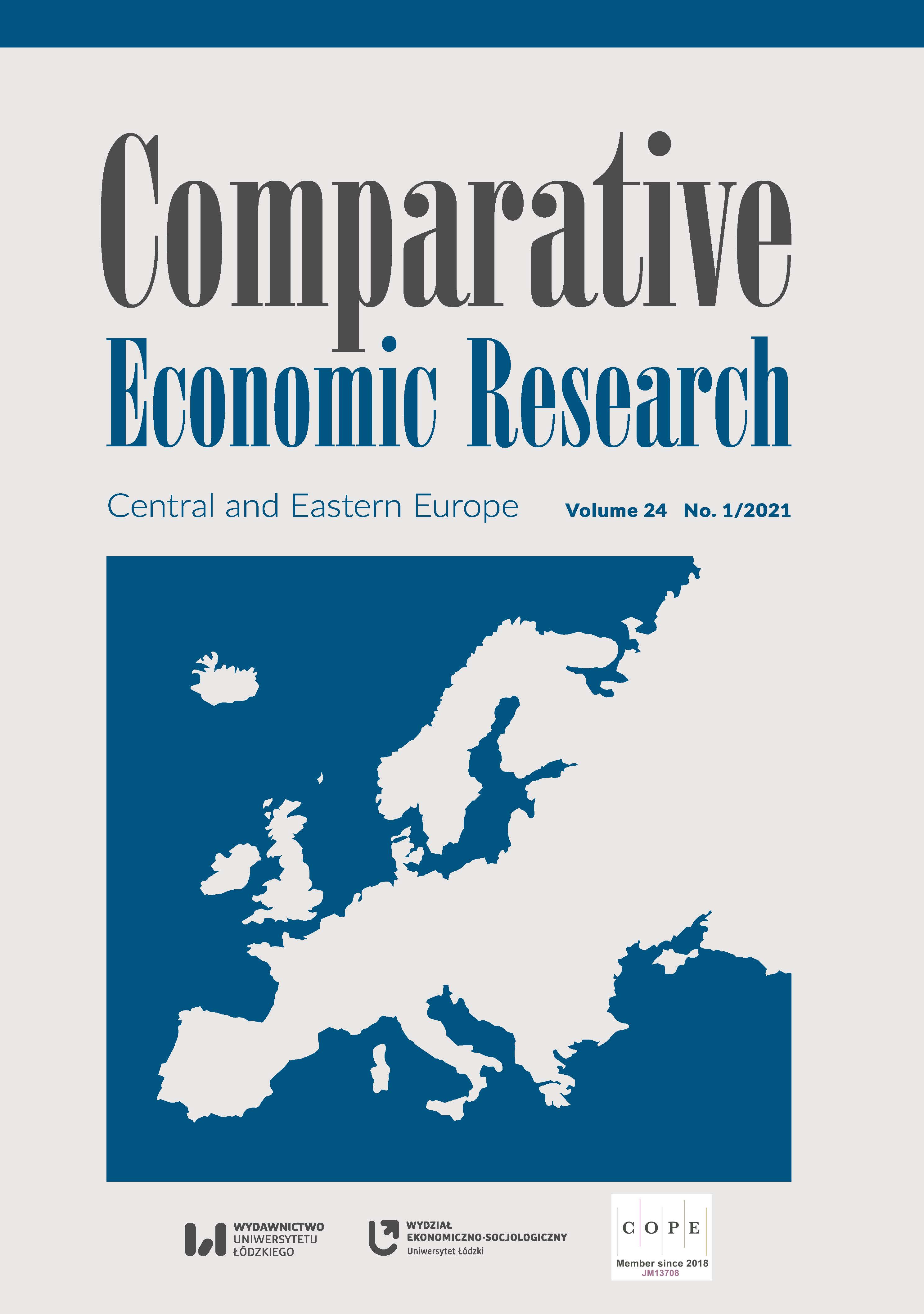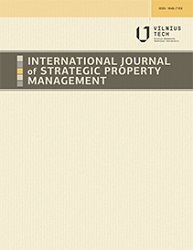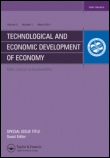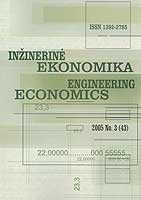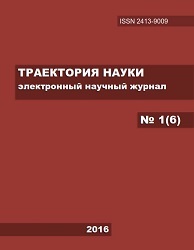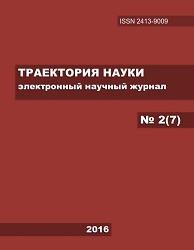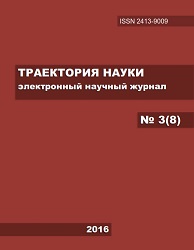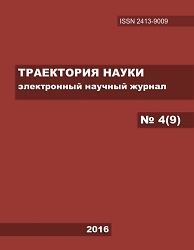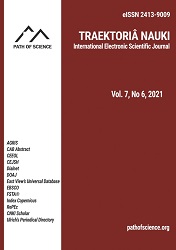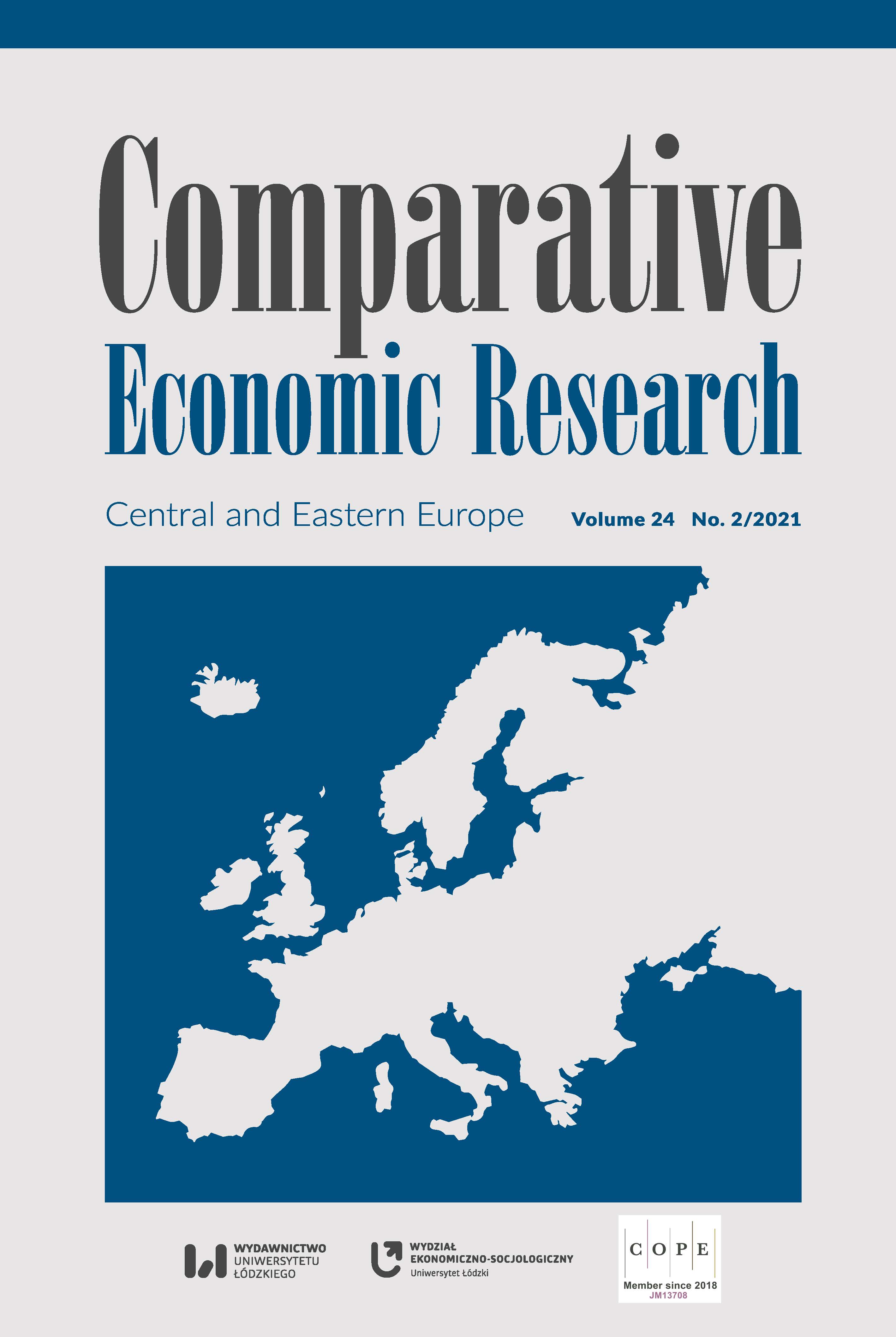Author(s): Atta Ullah,Chen Pinglu,Saif Ullah,Muhammad Ather Elahi / Language(s): English
Issue: 2/2021
This paper aims to highlight the role of mutual assistance of China and Pakistan’s regional connectivity through the China‑Pakistan Economic Corridor (CPEC) and show what lessons can be learned by Central and Eastern European Countries (CEECs). CPEC promotes trade, FDI, peace, and sustainable socio‑economic development, and it can help to alleviate the effects of COVID–19 in the region to promote socio‑economic development. In this study, we employed the Rolling Window Approach (Rolling Moving Average Approach) for data analysis of pre‑ and post‑COVID–19. It also focuses on before and after the CPEC initiative’s impact on the Pakistani economy through the Rolling Window Approach and graphical trends. In Pakistan, thanks to CPEC; trade, FDI, remittance, and the stock exchange (PSX) showed an upward shift. Terrorism decreased, which indicates a positive sign for peace and socio‑economic development. However, currency depreciation increased, and the exchange rate trend is going up against the dollar, hurting the economy badly in several ways, such as the balance of payment, current account deficit, and lower some exports. To mitigate these issues, Pakistan and China have taken steps as trade formulated in domestic currency between China and Pakistan. During COVID–19, the provision of health care equipment on a priority basis from China helped to combat the COVID–19 effects and stabilize Pakistan’s Economy. CPEC is structured to connect regional economic zones by forming local, regional, and global value chains. To cope with the COVID–19 impacts, socio‑economic reforms and regional cooperation are suggested for CEECs with a pre‑post circumstances review. Regional integration and cooperation are key to coping with this pandemic. CEECs can learn lessons from CPEC for socio‑economic development, reducing violence, and improving the economy.
More...
